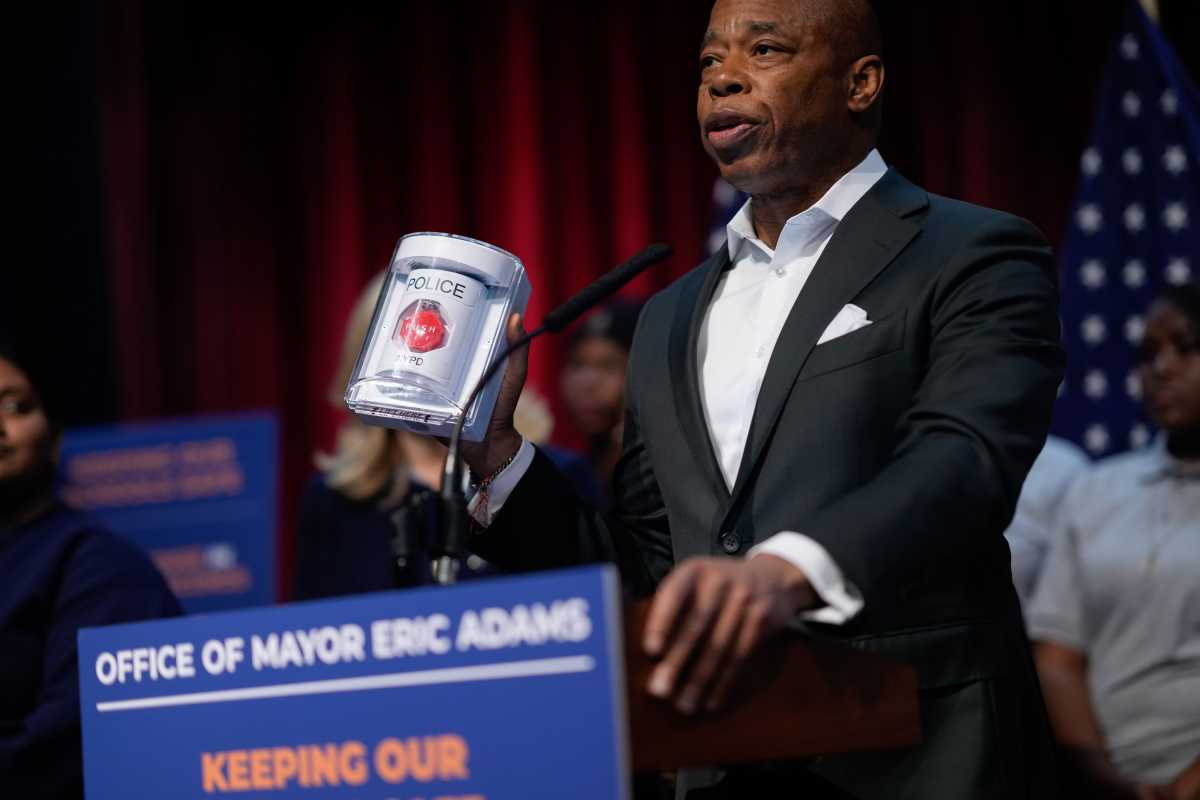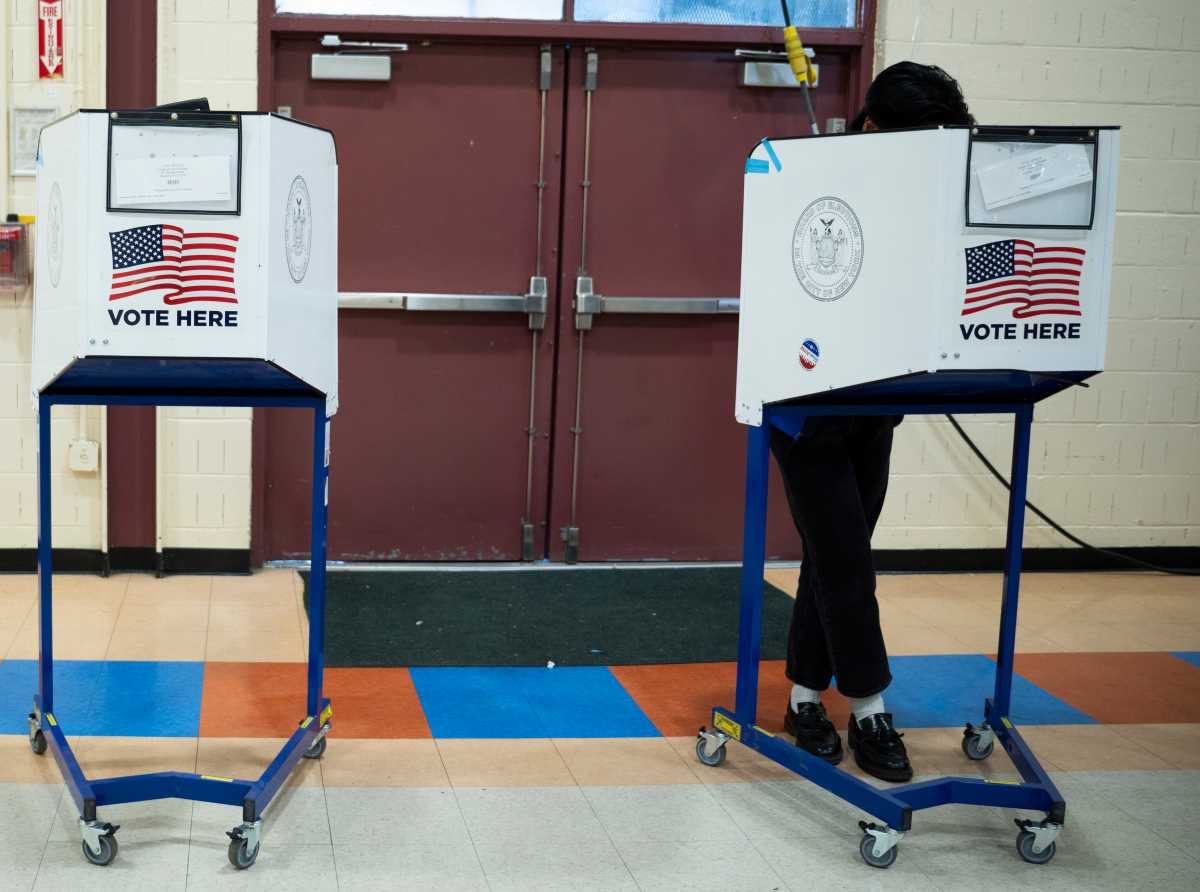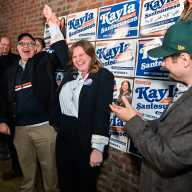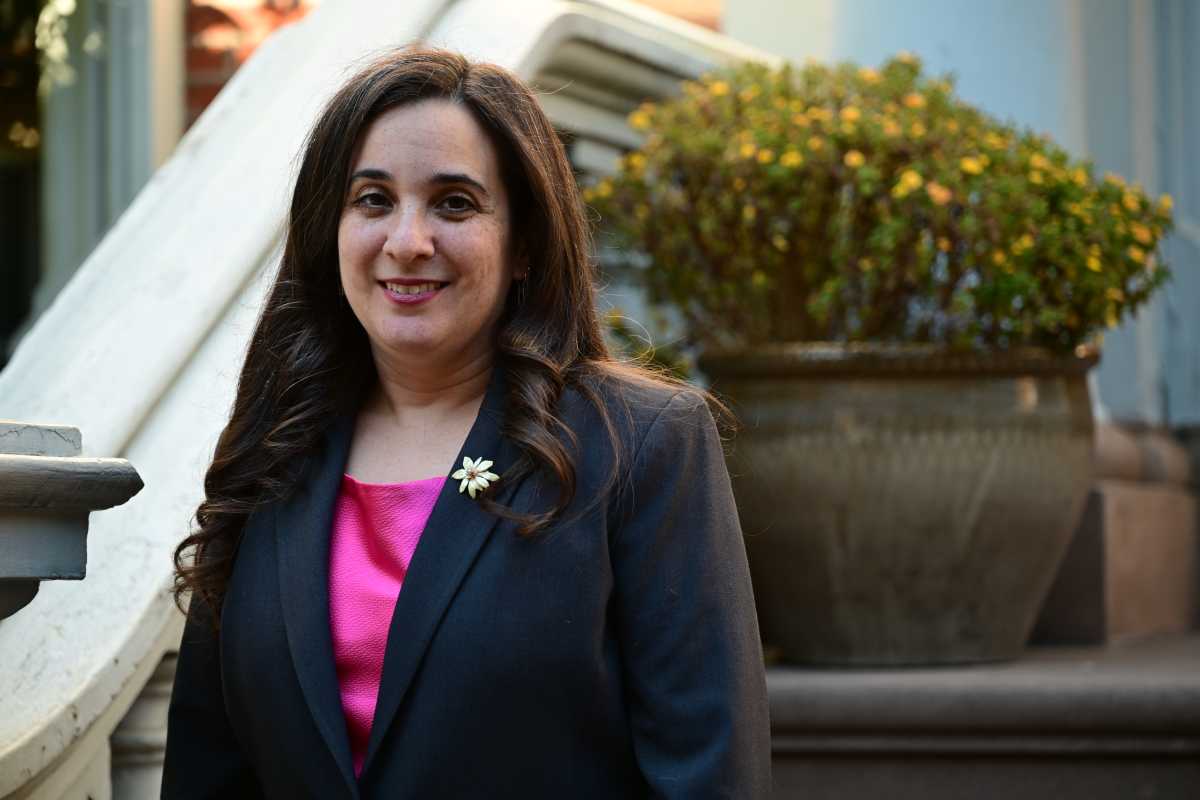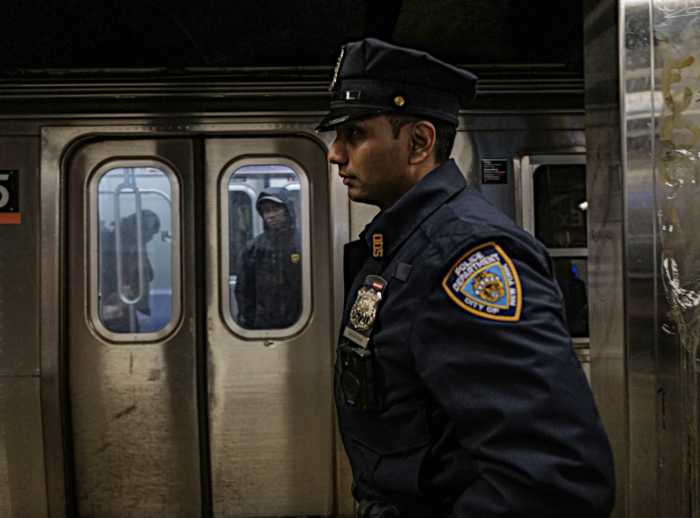There is no question that parking is a problem in residential neighborhoods around Downtown Brooklyn.
There have been many proposals for fixing the problem, but one idea keeps coming back: charging residents for permits that would allow holders the exclusive right to seek a parking space in their neighborhoods.
Boosters say that a small street-parking fee would free up spaces for residents. But it would not.
Support for permits is based on a belief that the root cause of the parking crunch is an influx of out-of-neighborhood residents who drive from further-flung portions of the borough to Park Slope or Carroll Gardens, and then take the subway into the city from there.
But this simplistic assessment misses larger truths about parking — and runs the risk of driving public policy towards a simplistic response. Here’s why:
• The number of “outer-Brooklyn” drivers who “half-commute” by car and then finish with a short subway ride is not what is tipping the essential balance here. Studies have repeatedly shown that neighborhood car-owners alone would still not have enough spaces for their cars even if other drivers weren’t even in the mix.
• Residential parking permits, which typically cost $100 per year in other cities, do not reflect the market value of the parking spaces themselves.
Only a true market system would create enough revenue to make a parking permit system actually worthwhile while also serving the larger public policy goal: discouraging residents of Brooklyn Heights, Park Slope, Carroll Gardens and Fort Greene — neighborhoods with the best subway service in Brooklyn — from owning cars in the first place.
If people in those neighborhoods still choose to own a car, they should stop complaining about limited parking.
• There will always be flaws that render such a system useless. Cops, fire fighters, city officials and others have access to placards that allow them to park anywhere with virtual impunity. And drivers who show no compunction about registering their cars out of state to reap insurance or tax benefits would certainly lie about their address to secure a parking permit.
• Owning a car means assuming the responsibility for that vehicle. The city is under no obligation to ensure a parking space — an entitlement with a market value in the thousands of dollars — for a resident who insists on owning a car.
With so many flaws, it’s hard to see how residential parking permits solves the problem.



